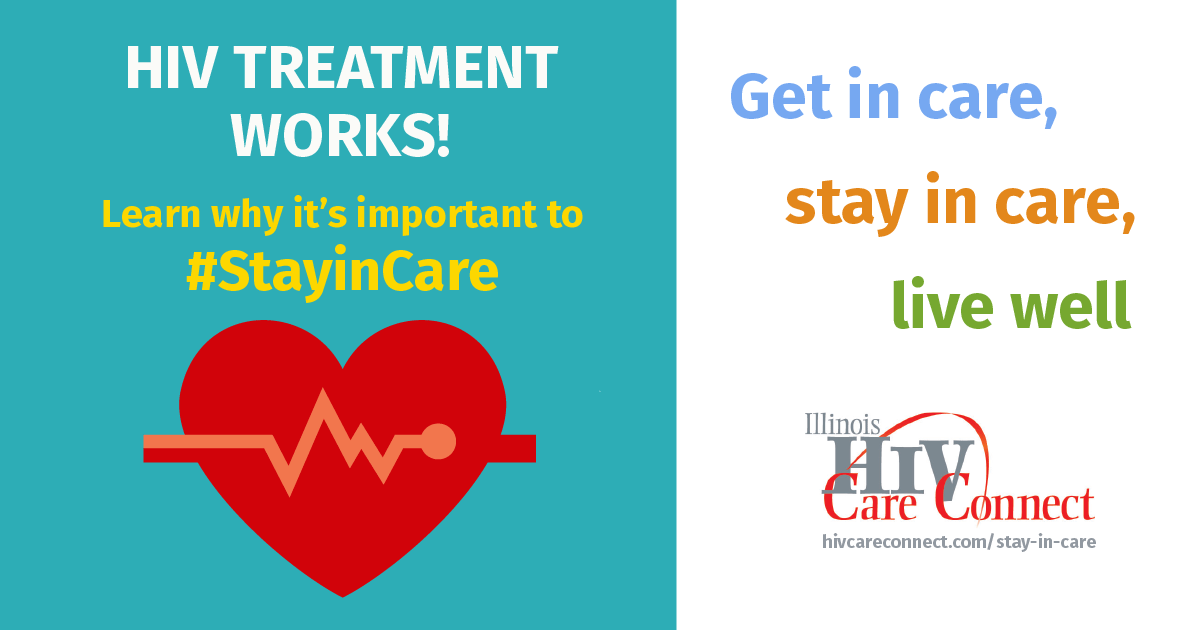Staying up to date with your HIV care and treatment puts you at advantage over the HIV virus and will greatly increase your ability to live a healthy life. Your doctor will monitor your HIV infection primarily through regular blood tests, which measure the number of CD4 cells, or “T-cells,” in your blood, as well as the viral load (the amount of HIV virus in your blood). The blood test results will show how well your body is responding to your current HIV treatment regimen. According to the CDC, the normal range for a CD4 cell count is 500 to 1,600 cells per cubic millimeter of blood. Your CD4 cells play an important role in your body’s ability to fight off infections. When you are living with HIV, the virus attacks and lowers the number of CD4 cells in your blood, making it much harder for your body to fight off infections.
Viral load measures how well your body is fighting off the HIV – a low viral load is best. The goal of HIV treatment is to lower your viral load to an almost undetectable level. If your viral load is under 40 to 75 “copies” – the number of HIV particles in a milliliter of your blood — your viral load will be considered “undetectable.” Achieving this goal of having a low level of HIV in your blood is known as viral suppression – the fifth and final step of the HIV Care Continuum.
According to the CDC, people living with HIV who start taking anti-HIV medications during their first year of care are more likely to stay in care. That means you should start taking these medications as soon as possible and stay on them. Not only is it important to get on HIV treatment, it is equally important to stay on your treatment.
HIV treatment is important because it helps your body fight HIV. Although there is no cure for HIV yet, anti-HIV medications – known as anti-retroviral treatment or ART – can potentially keep you healthy for many years. By reducing the amount of HIV in your blood and bodily fluids, anti-HIV medications also can reduce your risk of transmitting the virus to other people if taken consistently and correctly.
Taking your HIV medications exactly the way your health care provider prescribes them will help keep the amount of HIV in your blood low and your CD4 cell count high, increasing your body’s ability to fight off infections. If you skip your medicines – even accidentally now and again – you are giving the virus a chance to multiply. In turn, having more of the HIV virus in your blood can weaken your immune system and cause you to become ill.
If you miss a medication dose, get back on schedule as soon as you possibly can. Setting an alarm, taking your medications at the same time each day, or using a calendar are among a few helpful ways to stay on track of your HIV treatment plan. It may be possible for your health care provider to change your treatment plan to better fit your health care needs and your life situation as it changes over time.








